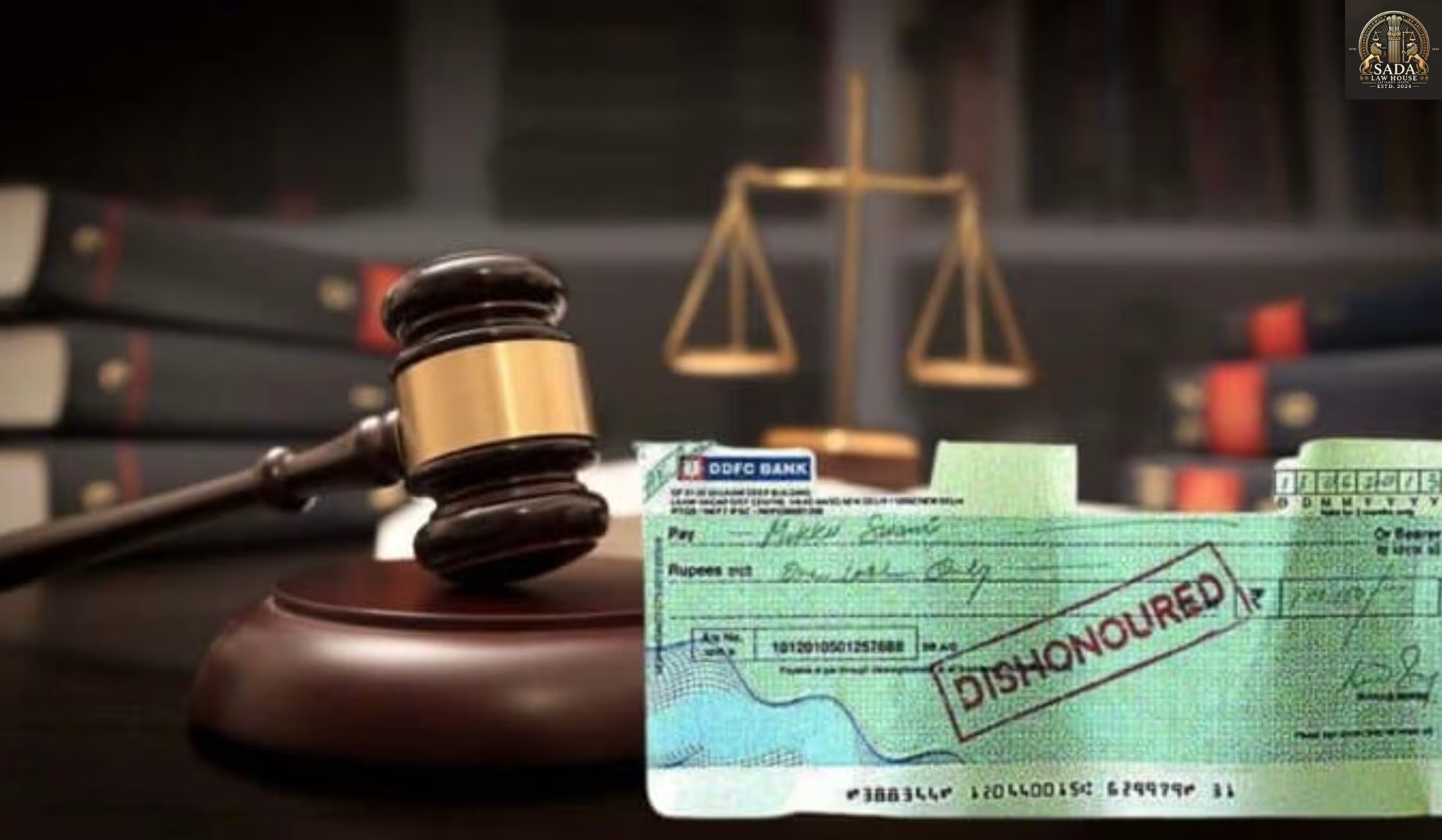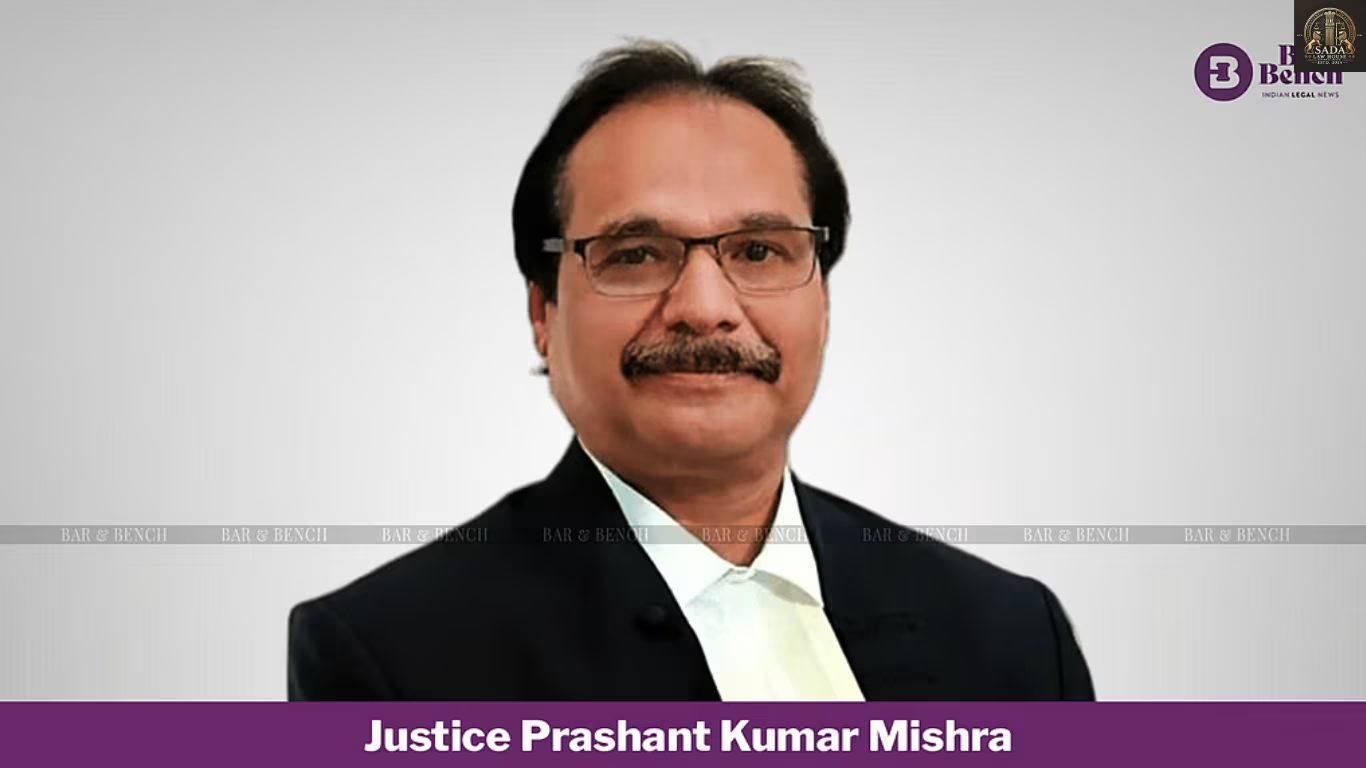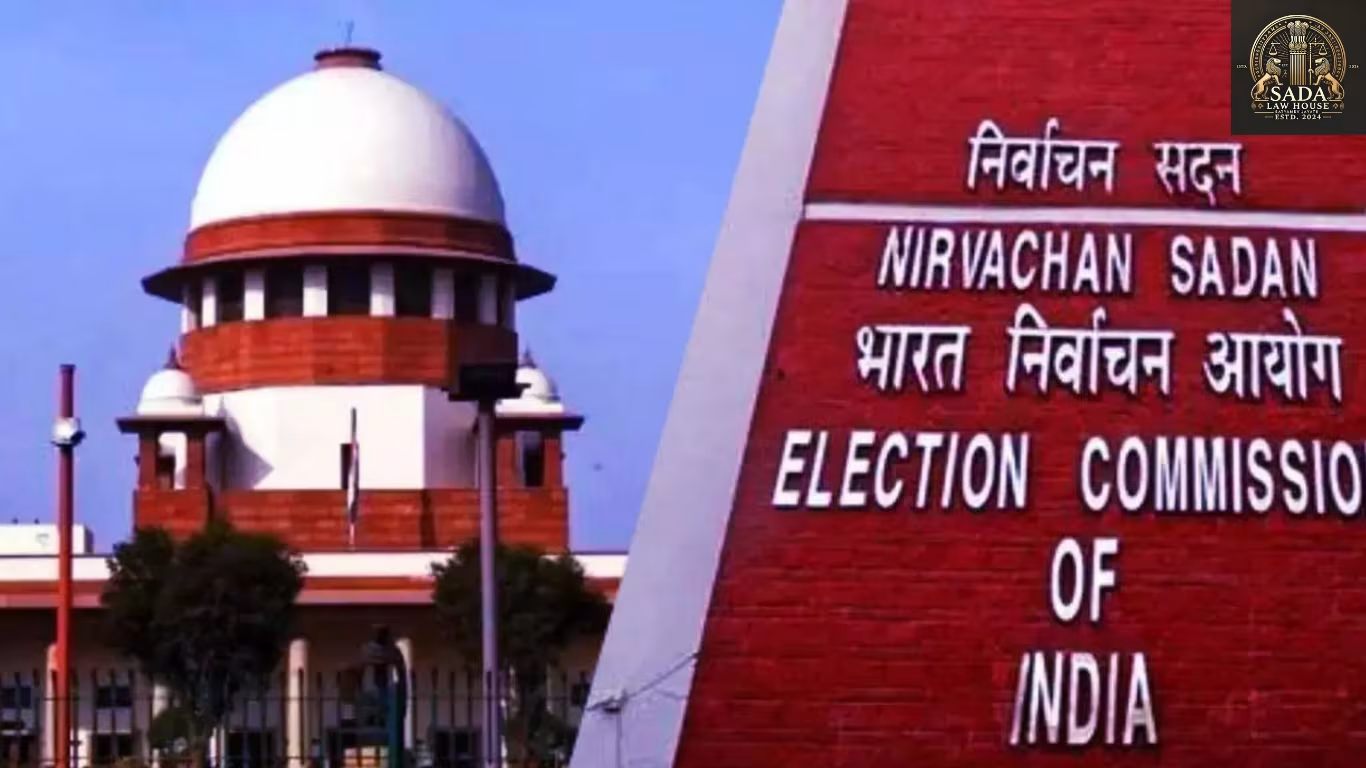Supreme Court Grants Temporary Relief in 1999 Cheque Bounce Case Over Mistaken Identity
- Prabhat Kumar Biltoria
- 7 JULY 2025

The Supreme Court of India grants temporary relief to C.K. Abdurahiman in a 1999 cheque bounce case, acknowledging possible mistaken identity and highlighting procedural gaps in financial offence trials.
Background: A 20-Year-Old Case Resurfaces
In a dramatic turn of events, the Supreme Court of India has provided temporary relief to C.K. Abdurahiman, a man convicted in a cheque bounce case dating back to May 1999. He claims he was wrongly identified and had no involvement in the financial transaction.
The dispute arose from a ₹20 lakh cheque issued as part of an agreement to sell a rubber estate to Mukkath Marakkar Haji (not a verified Wikipedia page, leave unlinked if not found). When the cheque bounced, charges were filed under Section 138 of the Negotiable Instruments Act, which criminalizes cheque dishonor due to insufficient funds.
Legal Timeline: From Conviction to Conditional Freedom
2004: A trial court found Abdurahiman guilty despite his claims of non-involvement.
2006: The Sessions Court acquitted him.
2024: The Kerala High Court overturned the acquittal, reinstating the conviction and imposing:
A one-day sentence
A compensation payment of ₹23 lakh
Despite these setbacks, Abdurahiman approached the Supreme Court in 2025, arguing that he had been mistaken for another person with a similar name and house number.
Supreme Court Observations: Signs of Misidentification
Abdurahiman’s legal team highlighted several inconsistencies:
Incomplete witness identification
Questionable signature verification
Unverified identity evidence
Justices Sandeep Mehta and Joymalya Bagchi, after reviewing the case, granted him temporary release. As a condition, he must deposit ₹10 lakh, i.e., half of the disputed cheque amount. The court also suspended his sentence until further review.
A new hearing is scheduled for August 12, 2025.
Why This Case Matters: Identity, Fair Trial & Financial Justice
This ruling underscores the importance of thoroughly investigating identity in financial crimes, especially in cases with:
Long litigation periods
Disputed documentation
Incomplete or vague witness testimonies
The Supreme Court’s intervention strikes a balance between the rights of the alleged wrongfully accused and the victim’s financial interests, reinforcing trust in due process and judicial fairness.
Live Cases






